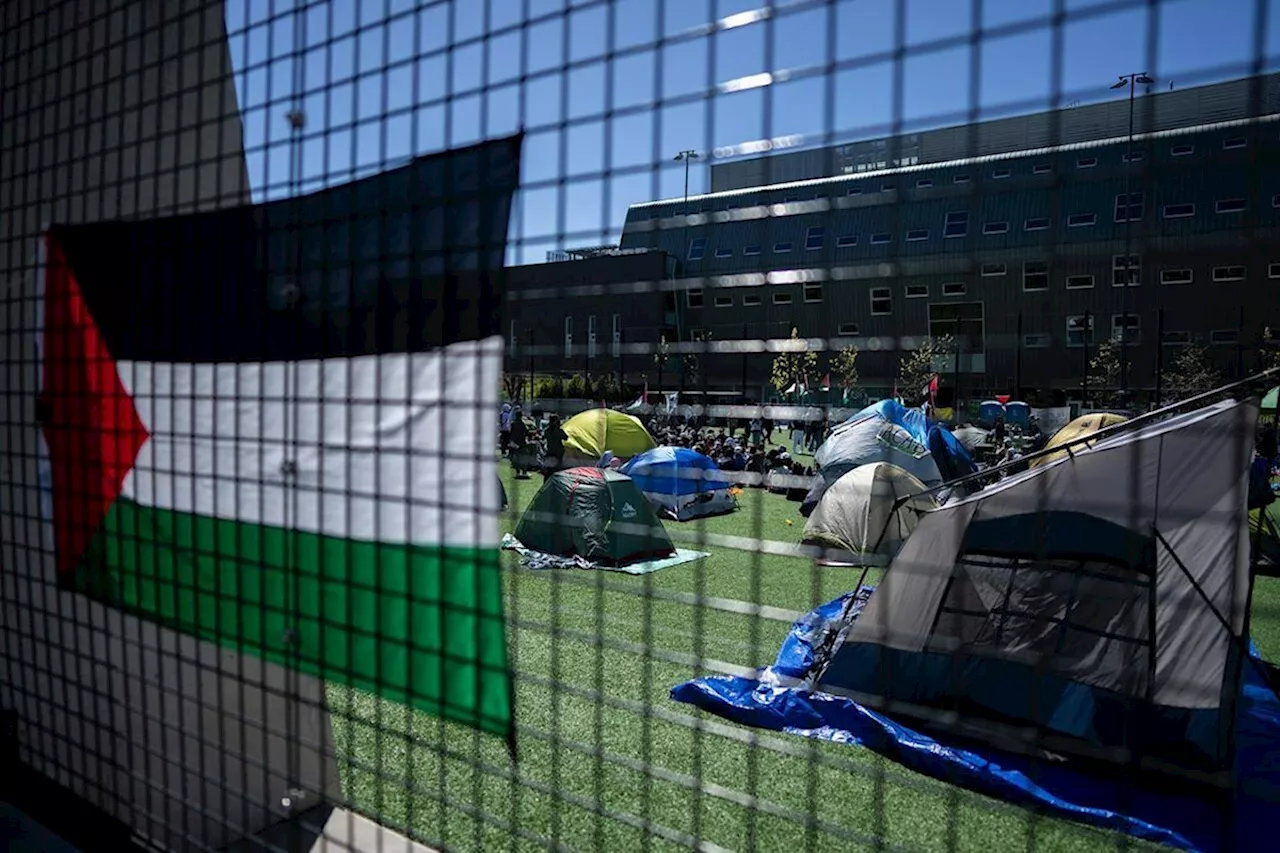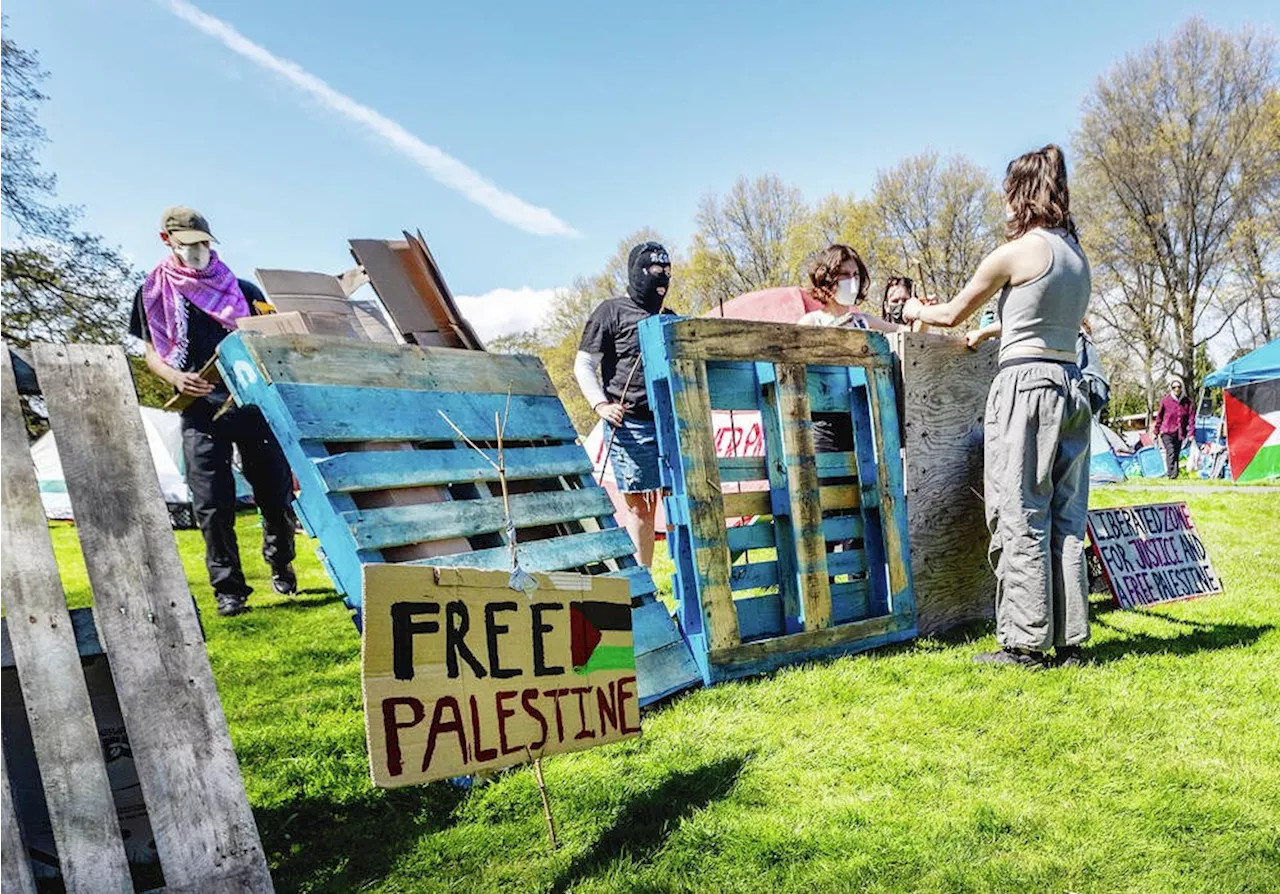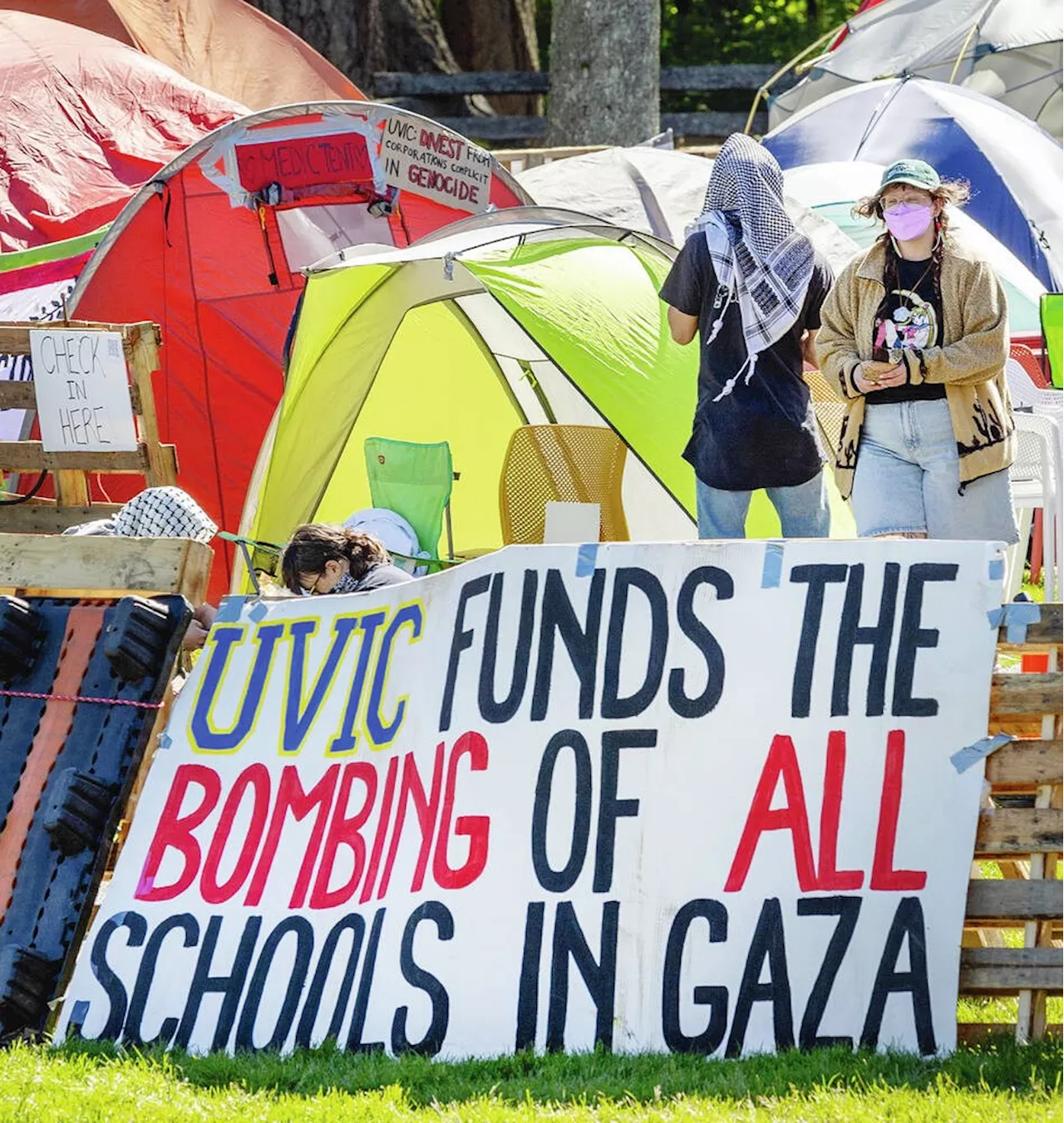The parents of Sidney McIntyre-Starko say major mistakes were made the night the 18-year-old died
One Tuesday last January, after attending her first-year chemistry class, Sidney McIntyre-Starko texted her father looking for help with a physics question.
“The doctor is saying that she took something with friends, some of them are here too,” Oliver wrote. Too late to catch a ferry or plane from her Vancouver home, McIntyre stayed up all night on Jan. 23, making panicked phone calls to the hospital and Sidney’s friends to try to piece together what happened.
“If you can get to someone within those first … six or seven minutes and give them the drug, they can have 100 per cent survival almost. It’s a very high success rate,” Campbell said.When Sidney’s mother arrived at the hospital in Victoria the next morning, she became skeptical whether her daughter had received prompt first aid: Sidney had severe brain damage due to a lack of oxygen.“When we realized she was going to die we knew something had gone horribly wrong,” McIntyre said.
• Sidney and a friend who had also collapsed in the same dorm room were unconscious, struggling to breathe, and turning blue — a sign that the body is deprived of oxygen — when campus security officers arrived 3.5 minutes after being called. The officers carry naloxone and are trained in first aid, but they did not administer the medication for nearly nine and a half minutes and did not start chest compressions for almost 12 minutes.
“Our investigation has revealed systematic failures in the systems implemented by UVic and the province of B.C. A student’s death was inevitable. It was only a matter of time,” Starko said. The emails continued to encourage students on campus to phone security officers, described as “highly trained medical responders” who carry naloxone, if they need help. “If you or someone around you begins showing any signs of overdose or over-intoxication on campus, please call Campus Security right away. If you’re off-campus, call 911,” the Jan. 26 email says.Sidney’s death and how her case was handled has national implications.
“Although that day ended tragically, efforts are commendable, and I am proud to work with such a caring team,” said Jessica Maclean, director of campus security. Campus security started chest compressions just as firefighters walked into the room, so UVic calculated the time of CPR starting at 6:43 p.m., roughly 10 minutes after the students called for help. UVic then deducted three minutes to determine that naloxone would have been administered about seven minutes after the phone call.
“It is inconceivable that eight years into the opioid public health emergency, a student can die from an overdose on a campus when witnesses called for help immediately,” McIntyre said. Since 2016, more than 14,000 people have had fatal overdoses in B.C.; in recent months, an average of six to seven people have died every day. Overdose is now the leading cause of death for people between the ages of 10 and 59 — more than accidents, suicides, homicides and natural diseases combined.
All parents should care about expanding harm reduction supplies and training on campuses, McIntyre said, even if they don’t think their children will experiment with illicit drugs.“I had this dream about her being killed by someone, and I couldn’t save her because she was inside a car. I wanted to save her, I was trying to get into the car, but I couldn’t do it,” Reneé said, adding the grief also affected her and Lucie academically.
Leah told her roommate, Ethan, that she was going to watch a movie in the student lounge with Sidney, who was clad in PJs and a cozy hoodie from her father’s aviation simulation company. “Everyone was in complete shock trying to figure out what happened, or whether they took something,” he said. The campus security dispatcher radioed officers to respond and told Emma he would patch her through to 911, but chose not to do so after being told another student had already made the call. The dispatcher kept Emma on the line, telling her to let him know if the victims’ conditions changed.“They are both turning blue,” Emma said about 30 seconds later. The dispatcher didn’t respond.
At the same time, on a different phone, Emma told the campus security dispatcher that the two officers had just arrived. The dispatcher, who had been silent for nearly two minutes, then responded: “OK sounds good. If you need anything else, just give us a call back.” This was roughly four minutes after the students collapsed, and Sidney’s family believes she would have survived if the officers had made a different decision at this point.
The second officer told 911 that Sidney was taking a breath every four seconds, although he later described her respirations as weak and irregular in his incident report. But that description was not provided to the operator, who concluded that Sidney was “breathing effectively.” That was more than nine minutes after they arrived on scene, and 13 minutes after students called for help.
Paramedics gave Sidney a shot of adrenalin and did CPR for six more minutes, which restarted her heart. She was taken to hospital in critical condition.But Sidney would never wake up. Her brain had been starved of oxygen for too long. Her mother, Mallory Flynn, who works in opioid overdose statistical modelling, added it’s important to share stories like Sidney’s so society understands that every young person, no matter their background, is at risk during this crisis.
• Communicating with 911: Despite the impaired student being the only person on the line with 911 for the first 8.5 minutes, UVic said security officers believed “messages were being communicated back and forth.” It added, though, that “this is an area where we have already updated our procedures to improve our process going forward,” but didn’t elaborate on these changes.
• She dispatched first responders seven minutes into the call “as soon as” she learned the students were having seizures and were unconscious, Osoko insisted. “We’re going to look at everything that occurs in this call, of course, to try to see what can be learned and be able to derive the best, most caring and comprehensive responses to the family that we can,” he said.Sidney McIntyre-Starko at her Grade 12 graduation in 2023 with parents Caroline McIntyre and Ken Starko. Photo courtesy Sidney’s family
Canada Latest News, Canada Headlines
Similar News:You can also read news stories similar to this one that we have collected from other news sources.
 Trio of B.C. camps join growing wave of pro-Palestine university protestsCamps set up at UBC, UVic and VIU demanding change in relationship with Israel
Trio of B.C. camps join growing wave of pro-Palestine university protestsCamps set up at UBC, UVic and VIU demanding change in relationship with Israel
Read more »
 Protesters set up pro-Palestinian encampment on UVic, VIU campusesThose taking part “stand in solidarity with those steadfastly resisting in Palestine.”
Protesters set up pro-Palestinian encampment on UVic, VIU campusesThose taking part “stand in solidarity with those steadfastly resisting in Palestine.”
Read more »
 UVic faculty group concerned about surveillance of pro-Palestinian campThe university says campus buildings will now be closed daily from 5 p.m.-7 a.m., with some entrances locked throughout the day.
UVic faculty group concerned about surveillance of pro-Palestinian campThe university says campus buildings will now be closed daily from 5 p.m.-7 a.m., with some entrances locked throughout the day.
Read more »
 Comment: Faculty for Palestine supports UVic encampmentProtesters want the university to divest from corporations supporting Israel.
Comment: Faculty for Palestine supports UVic encampmentProtesters want the university to divest from corporations supporting Israel.
Read more »
 UVic Vikes trio named to Canada women's roster for Singapore SevensEvent set for next weekend
UVic Vikes trio named to Canada women's roster for Singapore SevensEvent set for next weekend
Read more »
 Pro-Palestinian encampment set up on UVic campusThose taking part “stand in solidarity with those steadfastly resisting in Palestine.”
Pro-Palestinian encampment set up on UVic campusThose taking part “stand in solidarity with those steadfastly resisting in Palestine.”
Read more »
